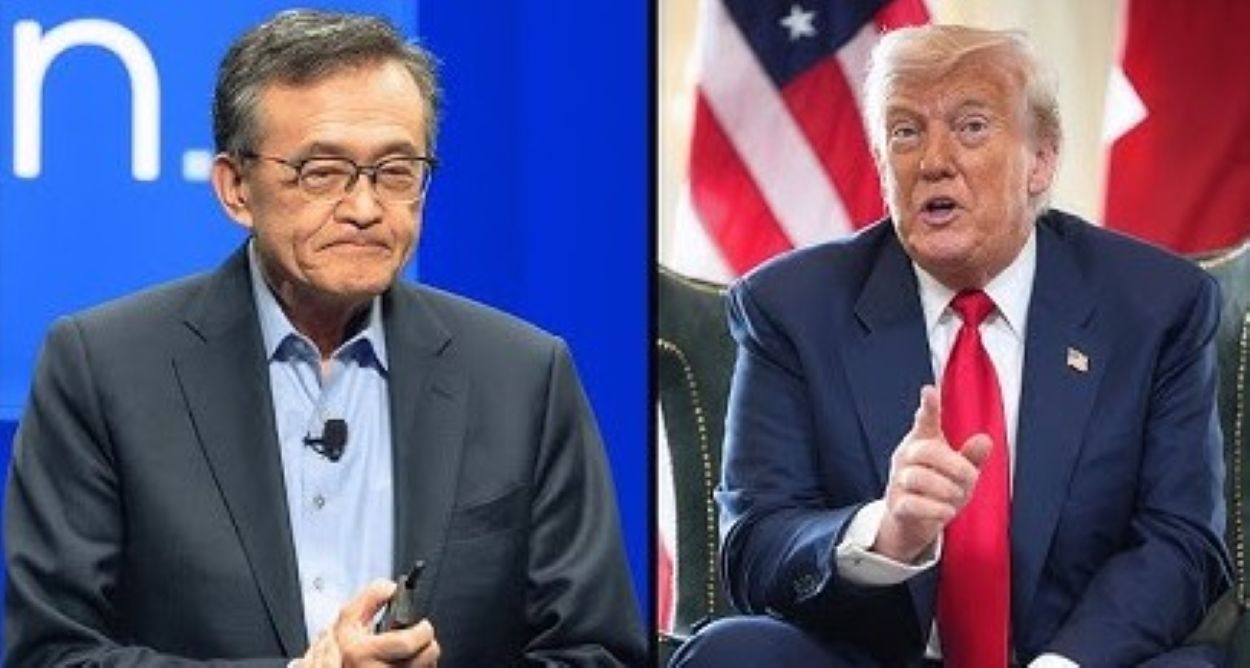U.S. President Donald Trump met with Intel CEO Lip-Bu Tan just days after publicly calling for Tan’s resignation. Trump described the meeting as “very interesting” and praised Tan, as reported by Reuters. Trump had criticised Intel’s leadership in light of the company’s declining stock prices and the competitive pressures it faces in the semiconductor industry
Intel has encountered significant challenges, including a 15% drop in its stock price in 2025 and the layoff of 15,000 employees, according to Bloomberg. Trump’s initial demand for Tan’s resignation was part of his broader push for stronger U.S. manufacturing, especially in the semiconductor industry, which is crucial for national security and economic growth. The recent meeting indicates a potential shift in tone, possibly aimed at redefining Intel’s role in U.S. technology leadership.
US President Trump said he met with Intel CEO Lip-Bu Tan, days after seeking his resignation, praising Tan and calling the meeting ‘a very interesting one’ https://t.co/L83AtgYVcB pic.twitter.com/54g53M02Wz
— Reuters (@Reuters) August 12, 2025Although the specifics of the meeting have not been disclosed, Trump’s favourable comments suggest a potential reconciliation or strategic conversation. Intel, a major player in AI and chip manufacturing, is crucial to the U.S. efforts to counter China’s technological advancements. This interaction could impact Intel’s restructuring plans and the government’s support for domestic semiconductor initiatives, according to CNBC
Read: Jimmy Kimmel Considers Leaving US After Trump’s Win
The meeting has generated mixed reactions. Analysts have observed that Trump is influencing corporate decisions, and social media reflects a mix of curiosity regarding Intel’s next steps. Some praise Tan’s leadership, while others question Trump’s involvement. The outcome of this situation could significantly impact Intel’s strategy and U.S. tech policy.
Trump’s meeting with Tan highlights the intersection of politics and tech, impacting Intel’s future and U.S. chip industry goals. It underscores the stakes in maintaining global tech dominance.






